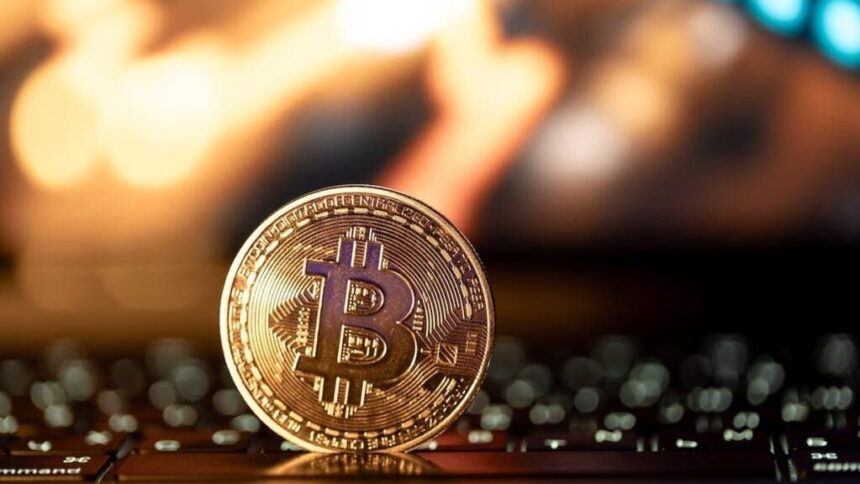Bitcoin has recently encountered significant volatility, experiencing dips that have pushed its value below $110,000. However, industry experts predict that robust institutional adoption may play a key role in facilitating a rebound by the end of the year.
In a recent interview, Jeff Park, the head of ETF strategy at Bitwise Asset Management, discussed the potential for recovery. He noted that a substantial $90 billion in capital from institutional treasury companies, coupled with anticipated interest rate cuts from the Federal Reserve and favorable regulatory developments, is likely to create a structural price floor for Bitcoin. This convergence of factors could trigger supply squeezes and short-covering rallies, enhancing market activity.
Interestingly, Park pointed out that Bitcoin has shown atypical resilience during the summer of 2024, defying traditional seasonal trends, which are typically marked by weakness. This positive momentum is attributed to new stablecoin legislation and increased inflows into exchange-traded funds (ETFs).
Several critical regulatory developments further reinforce the optimistic outlook. Notably, the SEC’s recent approval of in-kind ETF redemptions is expected to reduce transaction frictions and costs for investors. Another significant move is BlackRock’s expansion in the ETF market, providing Wall Street with the opportunity to create sophisticated structured products tied to Bitcoin. These initiatives not only institutionalize Bitcoin but also allow firms to leverage its inherent price volatility for profit.
Park emphasized Bitcoin’s historical performance, noting its tendency to outperform in the fourth quarter and into the first quarter of the following year. He likened Bitcoin to a commodity with significant asymmetric upside, suggesting that it stands to gain the most from institutional inflows.
Looking forward, Park sees the next significant development as the potential establishment of sovereign Bitcoin reserves. However, he acknowledges that realizing such a vision would require congressional approval, with Japan emerging as the frontrunner among developed nations for adoption. He suggested that broader international collaboration could create pressure on the U.S. to follow suit.
In summary, Park underscores the importance of Bitcoin in an era marked by fiat currency expansion and monetary manipulation, describing it as the “scarcest, hardest asset.” He suggests that Bitcoin could ultimately challenge the U.S. dollar’s dominance, potentially becoming a cornerstone of a new financial landscape.







